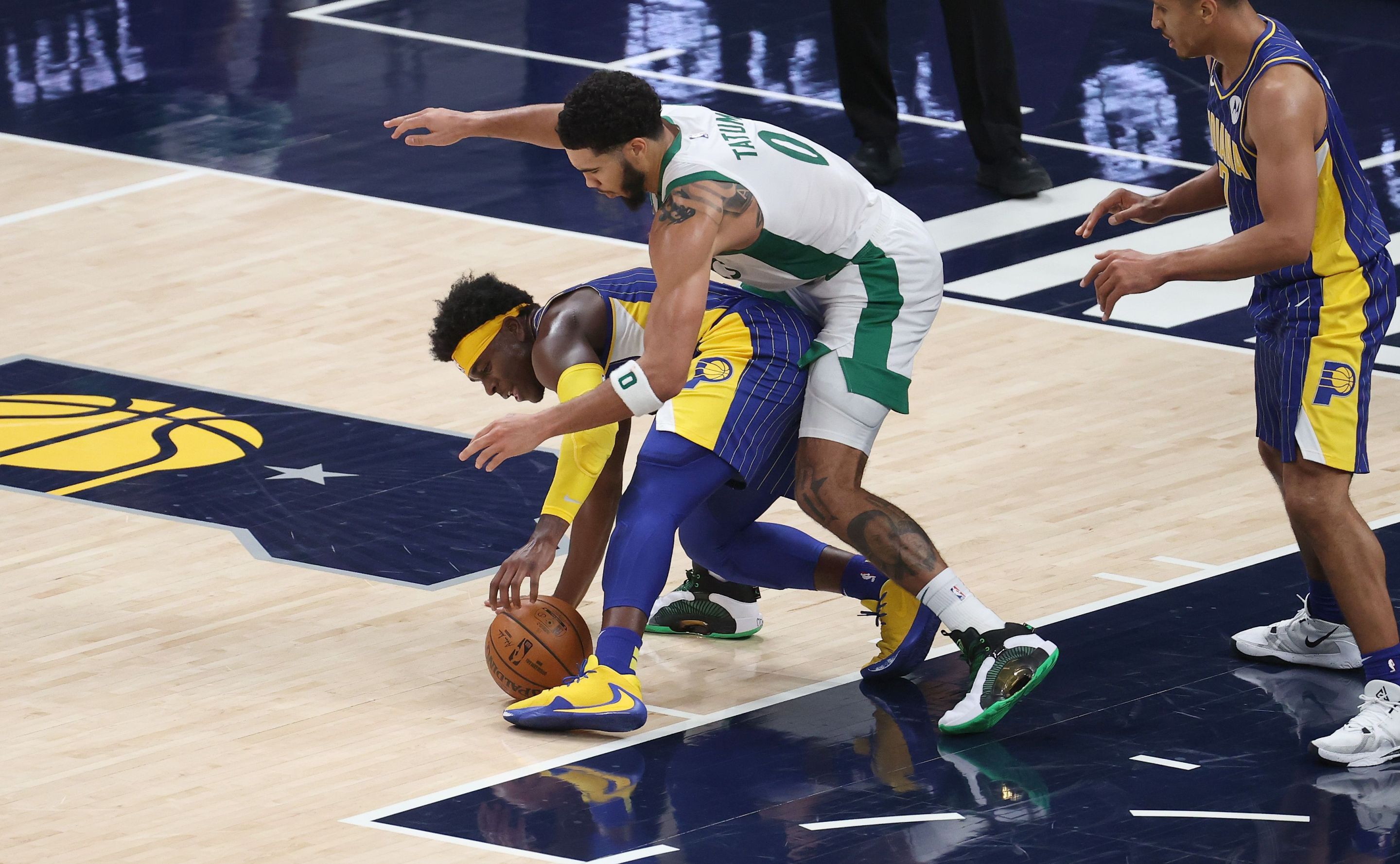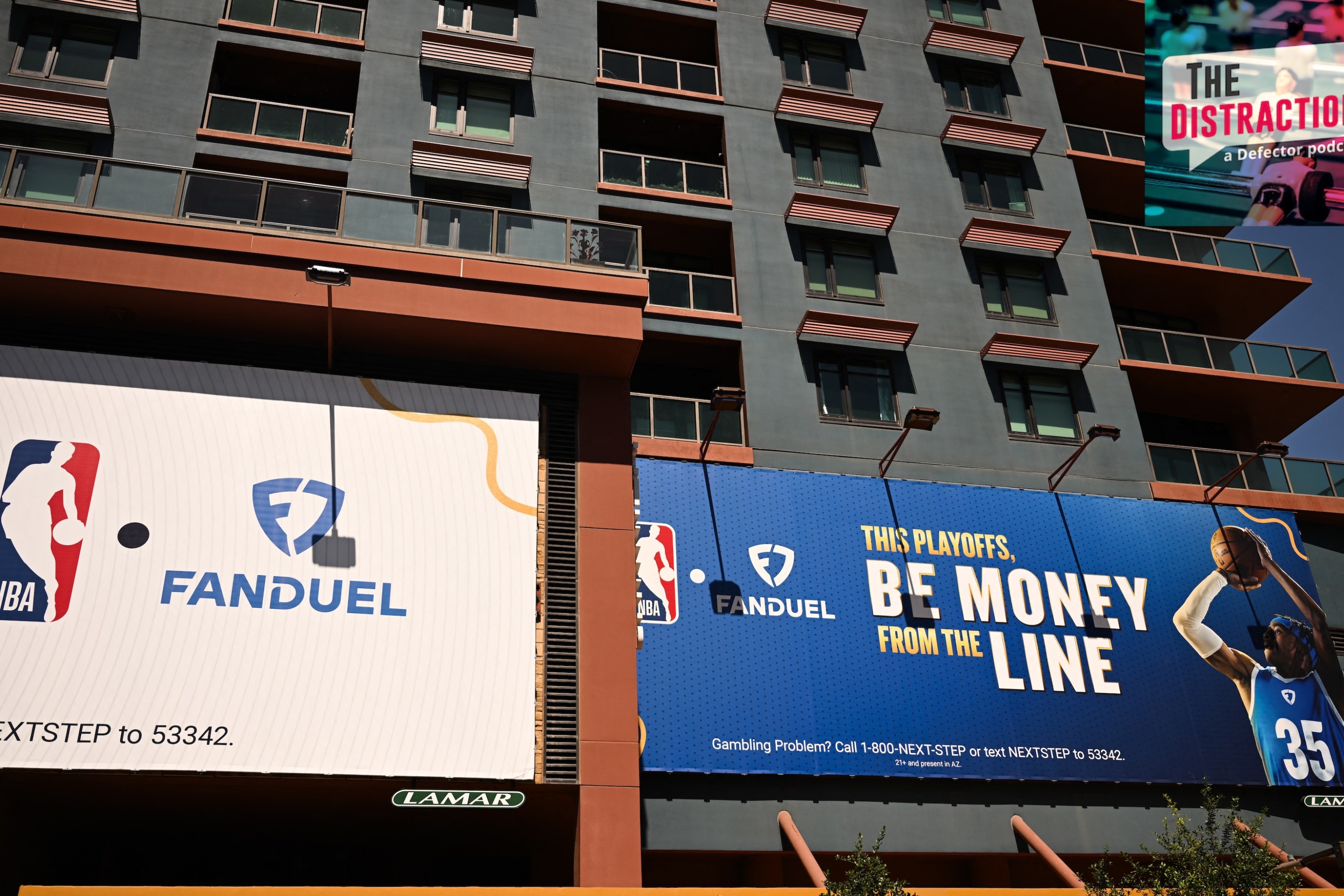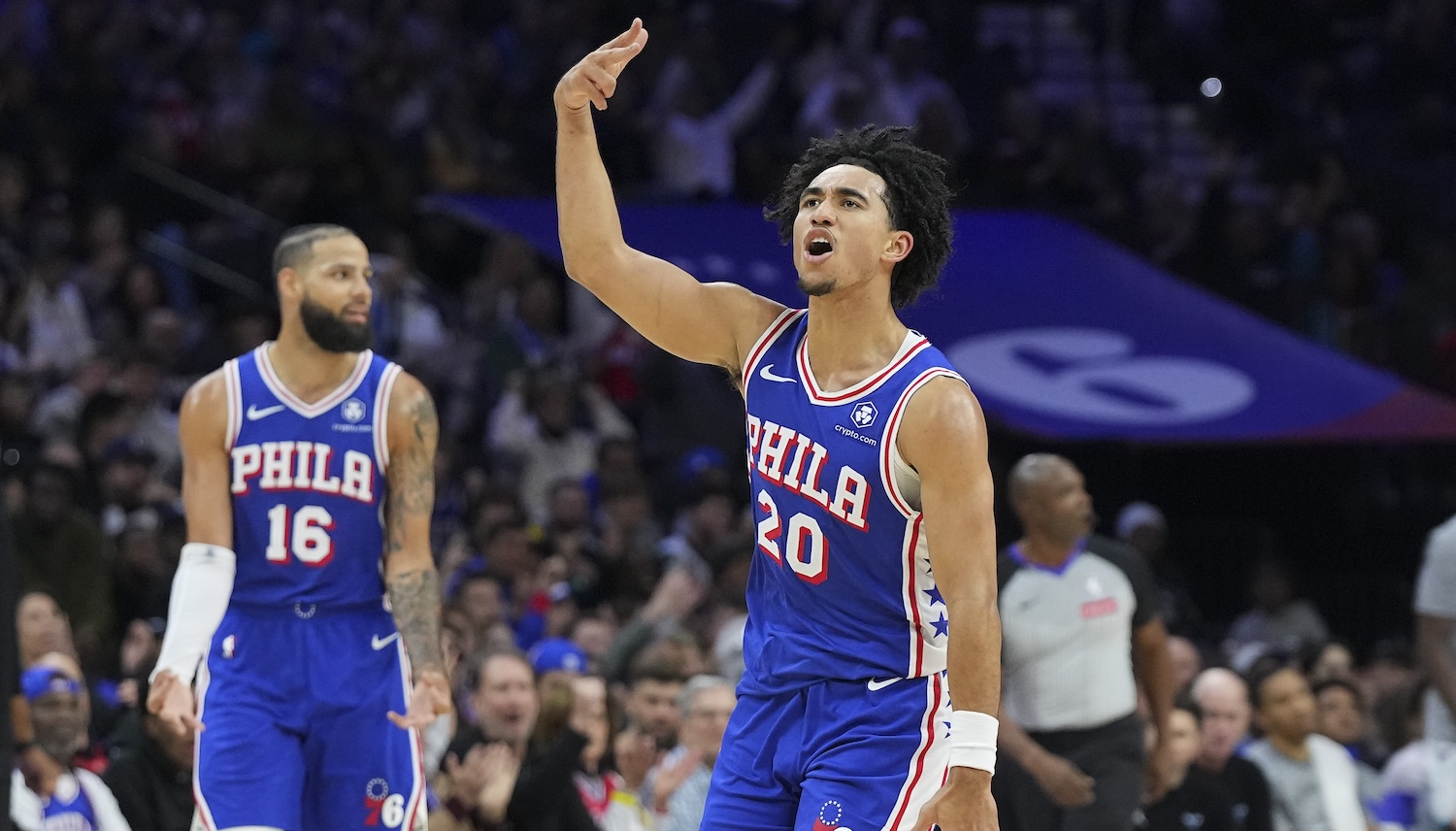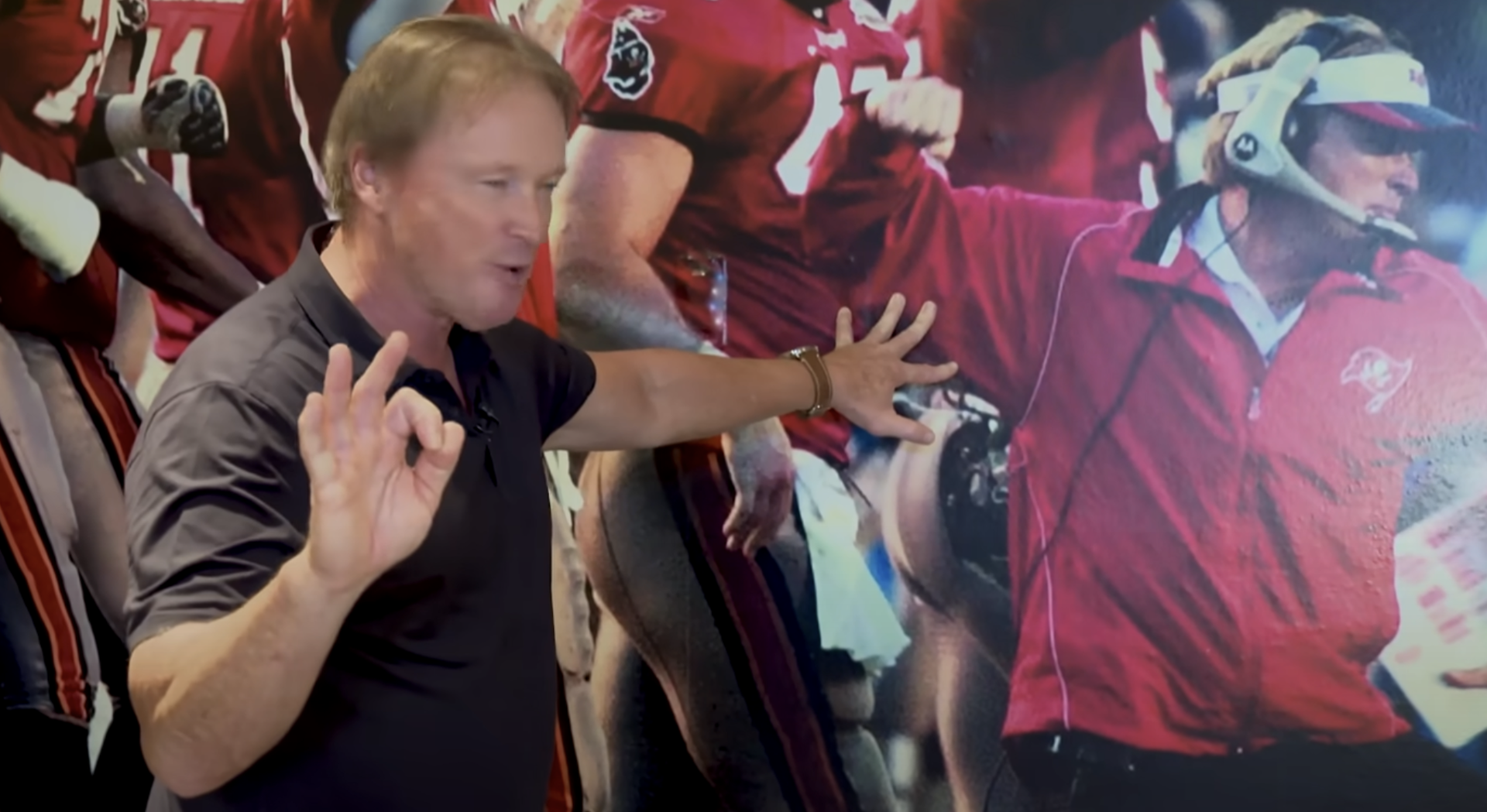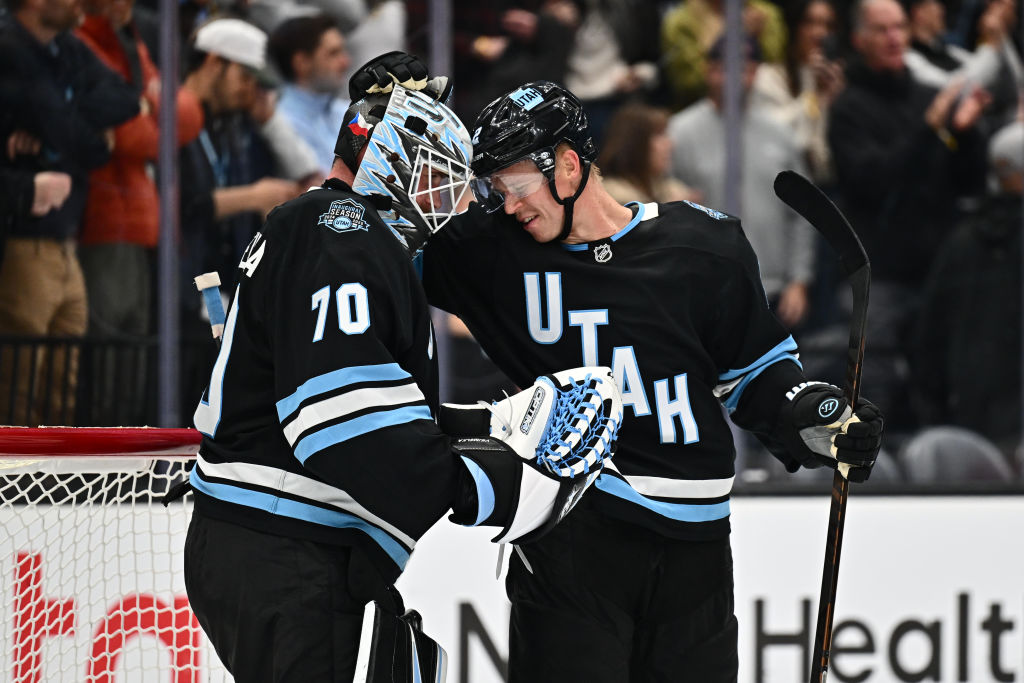The NBA's new play-in tournaments, staged after the conclusion of the regular season and prior to the start of the playoffs, tip off Tuesday night. Eight teams will compete across two brackets, one for each conference; four of these teams—Indiana and Charlotte in the East, and San Antonio and Memphis in the West—finished outside their conference's top eight positions in the standings, which until this season was the cutoff for playoff participation. When? Why? And, most importantly: What? You've got serious questions; we've got seriously inadequate answers.
What the fuck is going on right now?
You see, the NBA has made it so that the seventh and eighth seeds in the conference playoffs are not automatically won by the teams with the seventh- and eighth-best records in their respective conferences, but are instead sorted out via a short tournament featuring the teams occupying spots seven through 10 in the conference hierarchies.
The format of this tournament is tricky, so please pay attention. Seeds seven and eight play against each other in one head-to-head game following the conclusion of the regular season, with the winner of this game securing the seventh seed. Seeds nine and 10 also play against each other in one head-to-head game, and the loser of this game is yeeted immediately from the playoff picture. Then the winner of this latter game plays the loser of the former, and the winner of that contest secures the eighth seed and a trip to the real playoffs.
Then everything goes back to normal: the seventh seed plays the second seed in an opening round series of the real playoffs, and the eighth seed plays the top seed. Occasionally this format will produce a scenario where a 45-win team misses the real playoffs and a 38-win team below them in the standings makes it, but unlike when this happens due to conference imbalance it will be positioned as totally cool and legitimate, because one dipshit post-regular-season head-to-head contest made it so. Got it? No? Tough shit, pal.
Didn't they just play a 72-game regular season in order to hammer out conference hierarchies?
They sure did. But no sports league in the world is as committed to devaluing its own regular season as is the National Basketball Association.
Why did they do this? What does it solve?
The play-in tournament doesn't exactly solve anything, unless you were someone who truly felt the lack of one more chance to watch the 10th-best team in a 15-team conference play against the ninth-best team. What it does is it pretends to address three persistent gripes of casual NBA fans—late-season tanking among underperforming non-contenders, capable but un-special Western Conference teams being frozen out of the playoffs in a wildly unbalanced league, and 1-8 and 7-2 first round playoff matchups having even less genuine suspense than the climax of an MCU flick—while increasing the inventory of crap to sell for money.
To reiterate, the play-in tournament doesn't solve any important problems. Tanking, to the extent that it is actually a problem, is much more of a concern for teams at the very bottom of the standings, and especially when it becomes a multiyear roster-overhauling project. The chance to take your 10th-best team into a brutal series against a real title contender won't come close to adequately reshuffling those incentives for teams inclined to hunt draft lottery prizes. And a spot in this dipshit tournament is an extremely poor prize for a 45-win ninth-seed looking across the conference divide to see the same "honor" bestowed on some 33-win Southeast Division turd and noting that their 45 wins would've been good for, like, the fourth seed in the East. The very next time a respectable seventh seed misses the real playoffs because a star player's pesky ankle injury causes the team to lose to a pair of garbage sub-35-win pretenders in this quarter-assed tournament, you are going to hear a lot of howling about the unmaking of playoff legitimacy.
What the play-in tournament does do is it gives owners another game or two to sell, both to ticket-buying fans and, eventually, to rights-buying broadcasters. A good rule of thumb where there are rich owner types involved is to assume that all changes are motivated by profits and merely decorated with competitive or aesthetic concerns.
Will the play-in tournaments at least rule?
This is a very obvious thing to say, but that will depend entirely on the teams and the players. Nothing about the tournament format necessarily augurs well for high-quality hoops, certainly not when you consider that the competitors are pulled from the bottom half of their conferences in a league where only a tiny handful of teams per year have a realistic shot at a title. The tournaments do mean more basketball, and more late-season basketball with actual stakes, unimpressive though they may be. That's not much, but it's also not nothing.
The Games
Eastern Conference (Tuesday)
Charlotte Hornets (10) at Indiana Pacers (9), 6:30 p.m. ET
None of this year's play-in games persuasively argue for the necessity of this tournament, but if you lean way back and squint just so, this game comes the closest. Indiana, the higher-seeded team, is absolutely ravaged by injuries: T.J. Warren, possibly Indiana's best pure scorer, played just four games this season, and none after late December, and will not play in this series; and Myles Turner, their best defensive player and namesake of the capital city of Indiana, is out with a foot injury. Meanwhile Charlotte, the lower-seeded team, only recently enjoyed the return of electrifying rookie LaMelo Ball—there's an argument to be made that this makes them the more viable playoff team of the two.
But then you will inevitably notice that the Hornets have lost five straight, that their net rating is 2.5 points better with LaMelo off the floor, and that both of these teams have more losses than wins, and negative point differentials, and negative expected wins per 82 games, per Cleaning The Glass. In a normal year the Pacers and Hornets, as the ninth and 10th best teams in their conference, would've cleaned out their lockers following their final regular season games, which is the appropriate outcome for teams that suck and lose and are not healthy enough to give even the flimsiest of tests to a real contender in a seven-game series. That either of them might theoretically eke past, say, the higher-seeded Celtics in a winner-take-all game does not mean the playoffs will be improved by their inclusion.
Washington Wizards (8) at Boston Celtics (7), 9:00 p.m. ET
The Celtics, as the only one of these four Eastern Conference teams to have won at least as many games as they lost, must now beat a sub-.500 Wizards team in order to secure the seed they earned over the course of 72 games. They will be without their at-worst second-best player, Jaylen Brown, who tore a ligament in his left wrist last week and will not return before next season. The loss of Brown downgrades the Celtics from disappointing to dead-on-arrival, but if that injury is ultimately weighted more heavily than Boston's positive point differential, positive net rating, and seventh best record in their conference when establishing playoff seeding, what the fuck even is the point of having a regular season?
The Wizards engineered a fairly remarkable turnaround over the back half of the season, going from one of the very worst, most unendurably joyless and busted teams in basketball to, ah, a powerfully mediocre one clutching a play-in berth that is the basketball equivalent of the second-hand medal the exposed charlatan gives the cowardly lion at the end of The Wizard Of Oz. Still, of these four teams, it must be said that the dreaded Wizards are probably the best-positioned right now to play a competitive quarter or two against either of the Eastern Conference's top seeds.
Western Conference (Wednesday)
San Antonio Spurs (10) at Memphis Grizzlies (9) 7:30 p.m. ET
Memphis sort of occupies the Hornets' position in the West: They're spunky and fun, and the return of an injured youth—in this case third-year big man Jaren Jackson Jr., who missed 61 games while recovering from a torn meniscus suffered last season—at least in theory gives them more playoff upside than you might expect from a ninth-seed. But so far the reintegrated Jackson is a very long way from playing winning basketball: The Grizzlies are a whopping 12.7 points per hundred possessions better with him off the floor, owing to his glaring, unsurvivable minus-10.5 net rating through 11 games. Jackson, a stretch big guy, is shooting just 28 percent from three, and the otherwise tough Memphis defense is getting hammered to hell during his minutes.
The Spurs have lost 10 of their last 12 games following a season-ending ankle injury for unheralded guard Derrick White, who by virtue of his defensive versatility and extremely Spurs-ian workmanlike offensive reliability leads the team in net rating. They rely to an uncomfortable degree on DeMar DeRozan for shot-creation and playmaking oomph, and to an even more uncomfortable degree on the verticality of world-historically inept free-throw shooter Jakob Poeltl to keep their shaky defense from kerploding. They are the dictionary exemplar of mediocrity and in their current state have no business in the playoffs, but it's certainly not impossible they could annoy their way to a win or two against the top-seeded but distinctly fraudulent-smelling Utah Jazz.
Golden State Warriors (8) at Los Angeles Lakers (7) 10:00 p.m. ET
The 2021 Lakers really expose the silliness of the whole play-in tournament. They've played most of the year at something like 40 percent of full strength, owing to the extreme caution they took with injuries to LeBron James and Anthony Davis. At full strength they are absolutely one of the elite championship contenders; it is precisely because they had a couple more safe spots to land in that they felt so comfortable free-falling from the top of the standings while being ultra-patient with the recovery timelines of their two superstars. A double-elimination set puts them at some risk of being bounced from the playoffs altogether, but that is both a risk they were willing to accept and a risk that the NBA itself should not be willing to accept! The defending champs being bounced prior to the start of the playoffs despite holding a winning record and the seventh seed, and while employing two of the sport's biggest stars, would be so incredibly fucking dumb and bad.
The Warriors more genuinely deserve their unimpressive seed, but there, too, is the short-sightedness of this format exposed. There can't be more than a handful of neutral fans on Earth who would happily accept either of the Grizzlies or Spurs knocking scoring champ, fringe MVP candidate, and show-stopping world-destroyer Steph Curry out of a playoff spot in his age-32 season, with an inevitable age-related decline from this towering peak just over the horizon. Sure, we might be glad for the play-in tournament if Steph and the depleted Warriors were in the ninth or tenth seed, but that's just the point: The Warriors finished the regular season six games over .500 and fully deserving of a first-round series spent putting the fear of God into the comparatively untested and inexperienced Jazz or Phoenix Suns; the Spurs, a team that could very easily supplant them as the eighth seed, suck and lose and belong on the outside. Not just because Steph is cool and the Spurs are extremely not—their records say so!
A bad outcome for basketball enjoyers would be the full-strength Lakers beating the shit out of the Warriors in their tussle for the seventh seed, and then a demoralized or wounded or otherwise out of sorts Warriors team losing a clunker to the Spurs or Grizzlies, who then get their dicks karate chopped in half by the Jazz while the NBA's literal damn scoring champ packs up for an early summer vacation. But this would also be deliciously comeuppance-like for the NBA, who made this cumbersome and needless mess and will have to wallow in whatever unsexy outcomes it produces.
